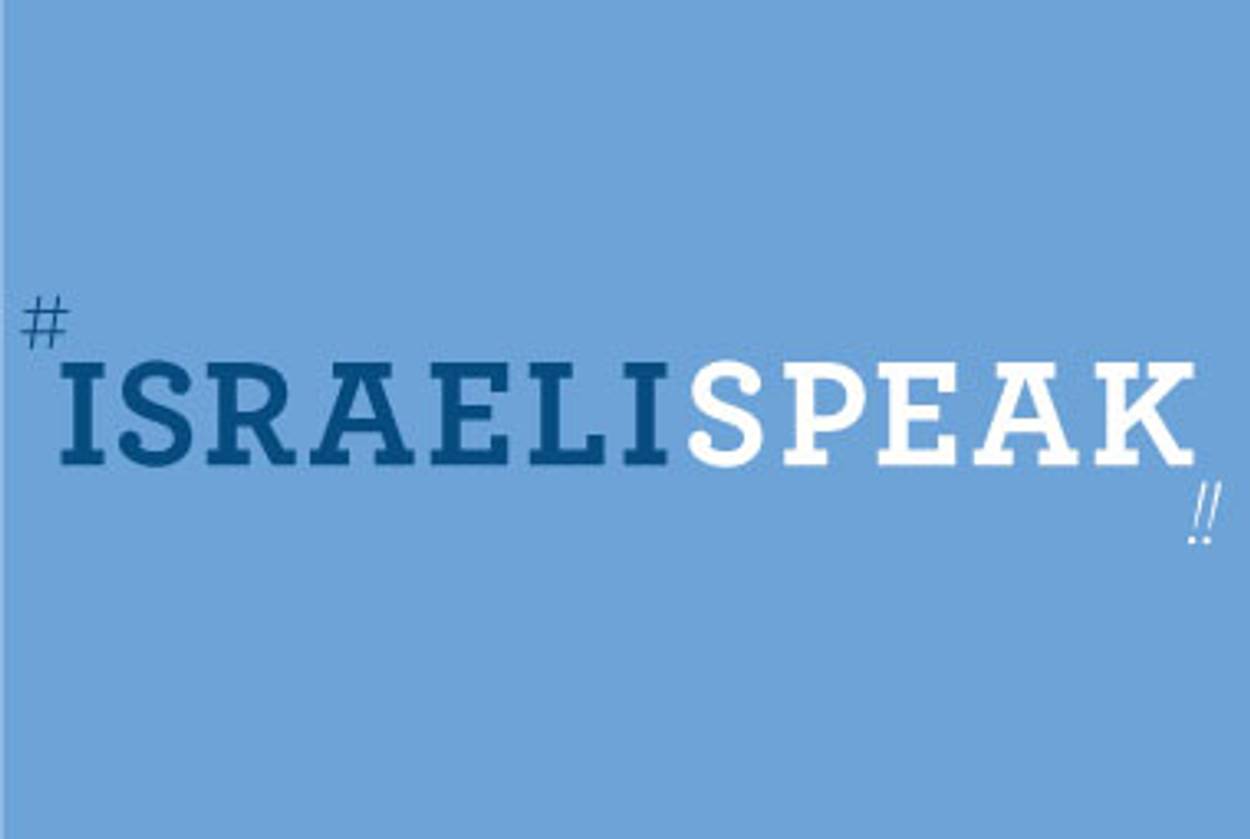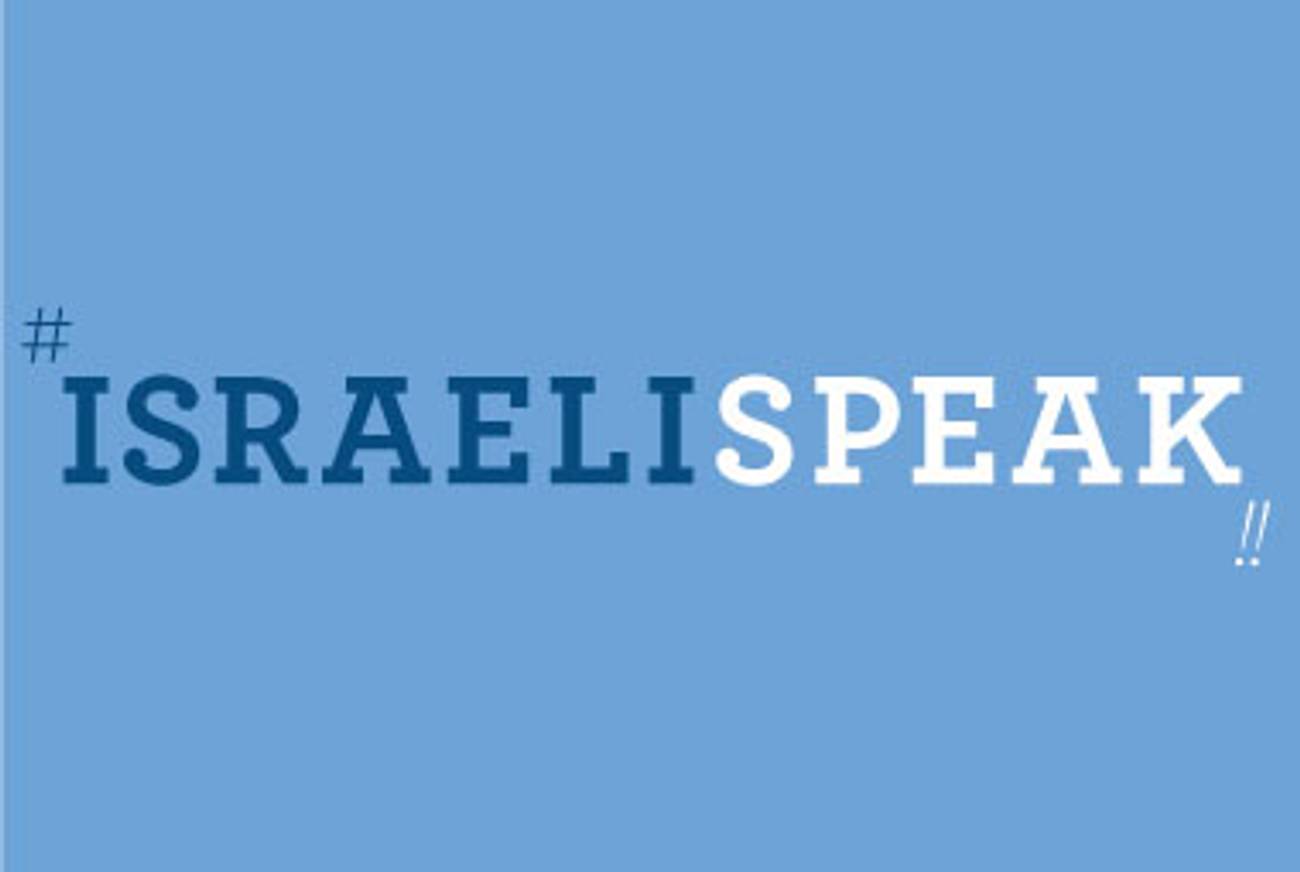On Fire
A tragedy in Israel lets the ‘ethnic genie’ out of the bottle




Israelispeak is the way Israelis and the Israeli media use Hebrew. Behind the literal meaning, there’s an additional web of suggestion, doublespeak, and cultural innuendo that too often gets lost in translation. Every Friday, we reveal what is really being said. To view all the entries in this series, click here.
Last week’s wildfire in northern Israel caused the deaths of more than 40 people and destroyed thousands of acres of forest. It also let the shed ha’adati—the ethnic genie—out of the bottle.
You might think the ethnic genie (which is probably best thought of, in English, as playing the race card) is a reference to the Arab-Jewish divide. But actually it concerns the rift—stoked by political rhetoric—between Ashkenazim and Mizrahim, perhaps best encapsulated by the way European Jews are venerated as the pioneers who tamed the swamps and desert, while Jews of Middle Eastern or North African origin were dumped in ma’abarot, a kind of refugee camp for new immigrants.
The fire did bring some other ethnic issues to the surface as well. On the coexistence-in-tragedy side, the blaze affected Jewish as well as Arab and Druze towns, and Arabs and Jews alike were killed (almost all of them Israel Prison Service officials on their way to evacuate a jail in the area). On a potentially more divisive note, police suspect the fire was started by a Druze teen who carelessly discarded a lit coal used for smoking a nargila water pipe.
But it was differences among Jews that Interior Minister Eli Yishai invoked when he came, er, under fire in the immediate aftermath of the disaster. Yishai said he was the victim of a media “lynching” that had nothing to do with his ministry’s being responsible for the ill-equipped Israel Fire and Rescue Service and everything to do with his being “Sephardi-Mizrahi, right-wing, and Haredi.” But that’s not just a description of his own ethnicity; Yishai also heads the Sephardi ultra-Orthodox Shas party—a movement that might be said to base its very existence on ethnic resentment, and that has been repeatedly accused of a blinkered focus on getting more government handouts for yeshivas, large (read: Haredi) families, and non-working yeshiva students.
Regardless of the very real basis for any lingering anger or insecurity on the part of regular Mizrahim, no amount of fire retardant is going to put out the still-simmering indignation—whether real or manufactured—that continues to feed Shas leaders like Yishai, who unabashedly elevate their constituents’ narrow interests over those of the country at large.
Shoshana Kordova is an editor and translator at the English edition of Haaretz. She grew up in New Jersey and has lived in Israel since 2001.
Earlier: Cast Lead
Refugees
On Strike
‘Politi’
Abducted
‘The Peace Process’
No Confidence
‘After the Holidays’
Shoshana Kordova is an editor and translator at the English edition of Haaretz. She grew up in New Jersey and has been living in Israel since 2001.